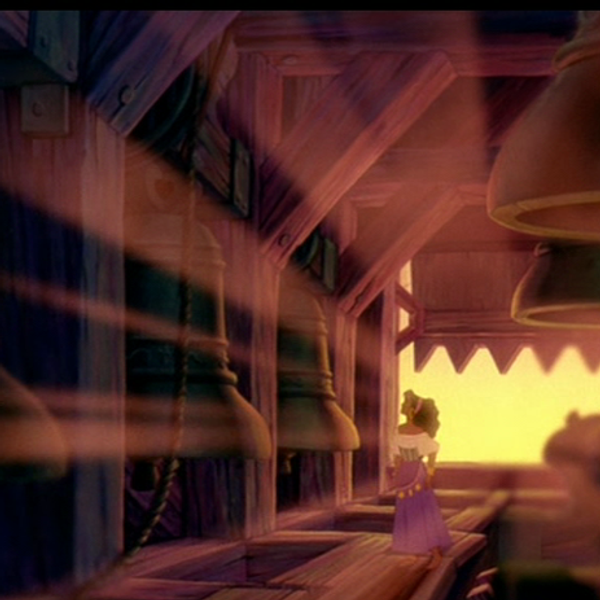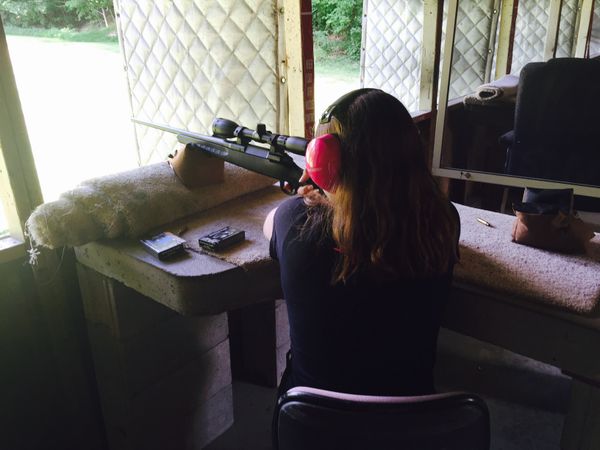A child grins as I tell her that her beaded necklace is beautiful. I tell her in a foreign language that I am not fluent in. I've said many things were beautiful in English, but never have I meant it more than when talking about this necklace. This plastic, beaded necklace that adorns this child's thin and fragile neck, juxtaposed against the background of a gray unfinished church.
A man points as he drives by in a Range Rover covered in campaign advertisements. Soon video cameras point toward us, as we stand dripping in sweat, recording us as they emerge from expensive cars that drive by in a seemingly never-ending succession. A twang of discomforting irony reverberates throughout me as I watch the shiny black tires of the luxury vehicles graze across the unpaved roads that are lined with sewage and trash. I grimace as packaged food thrown from one of the cars hits my side. As I pick it up, I glance at people on the other side of the road who are thin and malnourished.
A child runs to the front of his house when he sees that we carry candy. He is shy and hesitant, but takes the wrapped sweets quickly, as if we may change our minds. He runs back up the cracked cement steps to his house—his home. An entire family living in a small enclosure the side of a closet. Living on the side of a dirt road. Living amongst stray dogs and chickens, living among crime and poverty, living.
I took two trips to the Dominican Republic throughout high school. Each time I was struck by what I saw: injustice. A quote from Lin Manuel Miranda's Hamilton comes to mind: “life doesn't discriminate between the sinner and the saints, it takes and it takes." It is not fair for these children, any of these people, to be living in these conditions, caught in a vicious cycle of poverty that is nearly impossible to escape from. The campaign parade to reelect President Danilo was a direct display of what I perceived to be injustice. I witnessed the president himself inside of a spotless sports car cruising down filthy unpaved roads.
Of course we cannot assign the blame to one individual. Injustice a result of many years, many dilemmas, and many people. However, even if an individual was not a direct or indirect cause of injustice, it is still a mistake to witness it and not act. To quote Julian Assange, “Every time we witness and injustice and do not act, we train our character to be passive in its presence and thereby eventually lose all ability to defend ourselves and those we love."
"The opposite of poverty is not wealth. The opposite of poverty is justice."
I wish there weren't thousands of communities like this one. I wish millions of people weren't suffering. And I wish the rest of the world wasn't turning a blind eye to injustice.





















